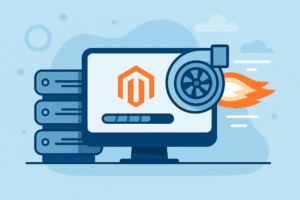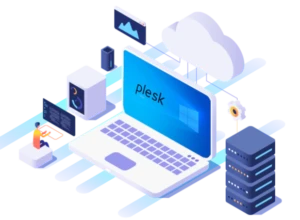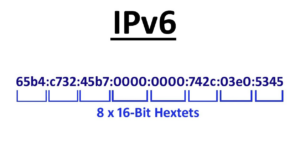In the ever-evolving landscape of DevOps, the choice of programming languages plays a pivotal role. As we step into 2024, certain languages have emerged as front-runners in facilitating efficient DevOps practices. This post explores these key languages, highlighting their unique features and applications in the world of DevOps.
- Python: The Versatile Scripting Language
Python remains a top choice in the DevOps toolkit due to its simplicity and versatility. Known for its readability and ease of use, Python is ideal for scripting and automation, key aspects of DevOps. Its vast library ecosystem, including frameworks like Ansible and tools for infrastructure as code (IaC), makes it indispensable for many DevOps workflows. - Go (Golang): Fast and Reliable
Developed by Google, Go has gained popularity in the DevOps community for its efficiency in building high-performance applications. Its ability to handle multicore and networked systems and its robust standard library makes it a go-to for creating scalable tools and microservices. - Bash: The Shell Scripting Standard
Bash, or Bourne Again SHell, is the default command-line interface on most Unix systems. Its scripting capabilities are crucial for automating routine tasks, managing servers, and orchestrating workflows, making it a staple in the DevOps arsenal. - Ruby: The DevOps Darling
Once synonymous with web development, Ruby has also carved a niche in DevOps, primarily due to the popularity of Chef and Puppet, configuration management tools written in Ruby. Its elegant syntax and the robustness of its web frameworks make it a favorite for infrastructure management tasks. - JavaScript/Node.js: For Full-Stack Agility
JavaScript, via Node.js, plays a crucial role in DevOps for organizations adopting a full-stack approach. Its non-blocking I/O model and the expansive npm ecosystem enable developers to build and manage server-side applications effectively, aligning well with DevOps principles. - Terraform: The IaC Specialist
While not a traditional programming language, Terraform deserves mention for its domain-specific language used in IaC. It allows DevOps teams to define and provision infrastructure using a high-level configuration syntax, streamlining cloud management tasks.
The landscape of DevOps is diverse, and the choice of a programming language often depends on specific project needs and team expertise. However, the languages discussed here are currently at the forefront, driving innovation and efficiency in DevOps practices. As technology continues to advance, staying abreast of these languages will be key to mastering the art of DevOps in 2024.






